Subtotal: $20.00
Civil Litigation
Showing 256–270 of 980 resultsSorted by price: low to high
Filter by: FEDERAL DISTRICT
Filter by Price
Filter by: FILE TYPE
FIRST AMENDED COMPLAINT AND JURY DEMAND
Violation of Colorado Whistle Blower Protections
DEFENDANT’S NOTICE OF DESIGNATION OF NON-PARTY PURSUANT TO C.R.S. § 13-21-111.5(3)
DEFENDANT’S NOTICE OF DESIGNATION OF NON-PARTY PURSUANT TO C.R.S. § 13-21-111.5(3)
Demand letter for money owed for work
Represent contractor, this is a certified demand letter to person that owes money
Complaint for Negligence Against Ski Area
The four elements that a plaintiff must prove to win a negligence suit are 1) Duty, 2) Breach, 3) Cause, and 4) Harm. Generally speaking, when someone acts in a careless way and causes an injury to another person, under the legal principle of “negligence” the careless person will be legally liable for any resulting harm. Ski Resort Immunity and Inherent Risk of Skiing protects the ski resort from most claims of negligence – which usually must be proved to win a personal injury lawsuit.
Notice of Change of Address for Attorney
notice of change of address for attorney
Defendant’s Memorandum in Opposition to Plaintiff’s Motion for Temporary Injunction and Expedited Discovery
Defendant’s opposition brief in opposition to motion for temporary injunction and expedited discovery. Includes analysis of competing state laws. US District Court for the District of Minnesota.
Federal Civil Complaint under 42 USC 1983 (Excessive Force)
Civil Complaint pursuant to 42 USC 1983 for police use of excessive force. US District Court for the Eastern District of Michigan.
Defendant’s Memorandum in Support of its Motion to Dismiss
Defense Brief supporting motion to dismiss a misappropriation of trade secrets and breach of contract case under diversity jurisdiction. US District Court for the District of Minnesota.
Civil Complaint for Damages, Declaratory Relief, Extraordinary Writs, and Preliminary Injunction
Federal Civil Rights Complaint (42 USC 1983), including requests for damages, injunction, extraordinary writs, and declaratory relief out of the US District Court for the Eastern District of Michigan.
Declaratory relief refers to a judgment of a court which determines the rights of parties without ordering anything be done or awarding damages. By seeking a declaratory judgment, the party making the request is seeking for an official declaration of the status of a matter in controversy.
The declaratory judgment is generally considered a statutory remedy and not an equitable remedy in the United States, and is thus not subject to equitable requirements, though there are analogies that can be found in the remedies granted by courts of equity.
Declaratory relief refers to a judgment of a court which determines the rights of parties without ordering anything be done or awarding damages. By seeking a declaratory judgment, the party making the request is seeking for an official declaration of the status of a matter in controversy.
Plaintiff’s Memorandum in Support of Motion for Approval of Plan for Class Notice
Plaintiff’s Brief in support of class action notice to class members following class certification. US District Court for the District of Colorado.
Federal Civil Complaint for Copyright Infringement
Federal Civil Complaint for violation of copyright.
As a general matter, copyright infringement occurs when a copyrighted work is reproduced, distributed, performed, publicly displayed, or made into a derivative work without the permission of the copyright owner.
Copyright infringement can be a felony or a misdemeanor. A felony charge must involve an infringement of the copyright owner’s reproduction or distribution rights. A felony conviction carries a maximum sentence of five years in prison and a maximum fine of $250,000.
Copyright infringement is using someone else’s work without getting that person’s permission. … The owner of a copyright gets to decide who can legally make copies of that work. It is illegal to copy large sections of someone else’s copyrighted work without permission, even if you give the original author credit.
The legal penalties for copyright infringement are: Infringer pays the actual dollar amount of damages and profits. The law provides a range from $200 to $150,000 for each work infringed. Infringer pays for all attorneys fees and court costs.
US District Court for the Eastern District of Michigan
Defendant Notice of Joinder in Motion for extension of Time to Disclose Expert
Federal criminal case where a co-defendant joins a motion for extension of time to disclose expert witnesses. US District Court for the District of Colorado.




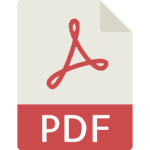
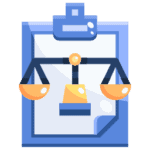

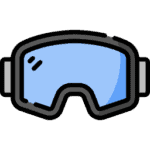
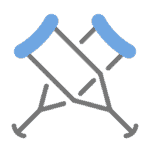
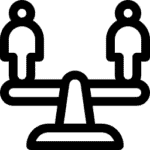


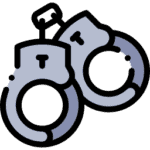 Defendant's Notice of Expert Testimony
Defendant's Notice of Expert Testimony